IFC

She emphasized the importance of unlocking the sector’s vast potential by engaging the private sector and welcomed the IFC's expertise in this domain.

During discussions with Emmanuel Nyirinkindi, IFC's Vice President of Cross-Cutting Solutions, Minister Al-Mashat explored avenues for collaboration to bolster private sector involvement in Egyptian government initiatives.

El-Said noted that the national structural reform program has four main pillars, the first one focuses on the real side of the economy which is: manufacturing, agriculture, and information and communications technology (ICT).

Maait said that the goal of the reforms is to inject more private investment flows into Egypt's economy and achieve more sustainable economic growth, led by the private sector in the upcoming period.

The objective is to increase the private sector's contribution to the state's total investments to 65 percent.

This investment has positioned Egypt as one of the top countries where the IFC operates. Additionally, the IFC has provided advisory services worth $34 million to support Egypt's economic development.
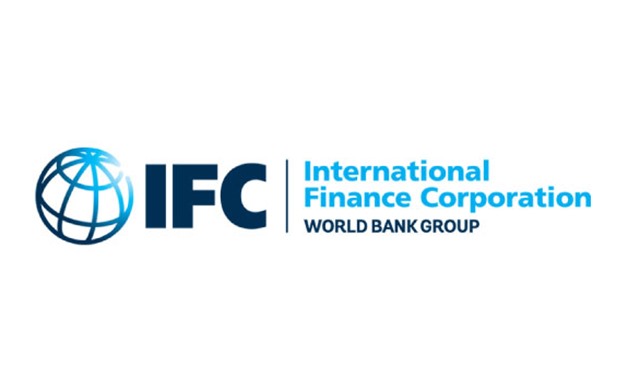
The volume of IFC’s investments exceeded $7 billion since the start of its work in Egypt, according to Rania A. Al-Mashat.

The agreement was signed by Makhtar Diop, Managing Director of the IFC and Rania Al Mashat, Minister of International Cooperation.

Minister of Planning and Economic Development and Chairwoman of The Sovereign Fund of Egypt (TSFE) Hala El-Said attended Wednesday the signing ceremony.

The IFC has a growing investment portfolio amounting to about $1.5 billion in investment projects in Egypt, in addition to $32 million in advisory programs.
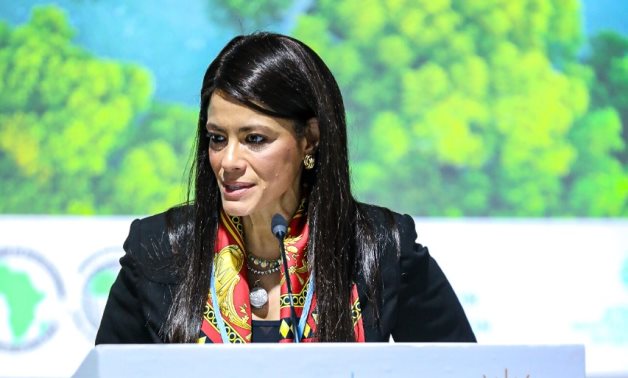
The Minister pointed out the importance of expanding the scope of cooperation between the IFC and private sector companies in Egypt through credit lines to banks to promote the development of small, medium and micro enterprises (SMEs), in addition to the availability of green bonds, to increase investments in various fields.

The financing is pending approval and would consist of a $75 million loan and interest rate swaps worth around $8 million, according to the IFC.
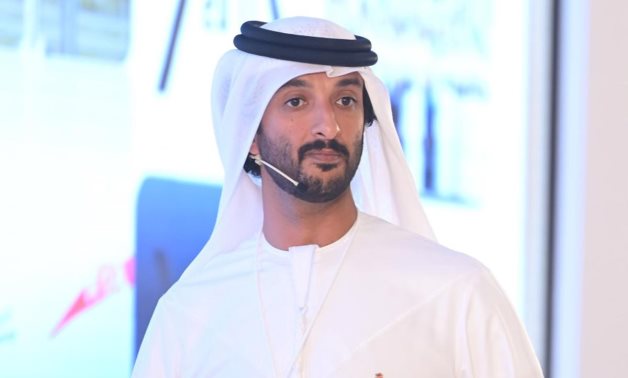
“This will take place through the International Finance Cooperation (IFC),” Al Marri elaborated on Tuesday.
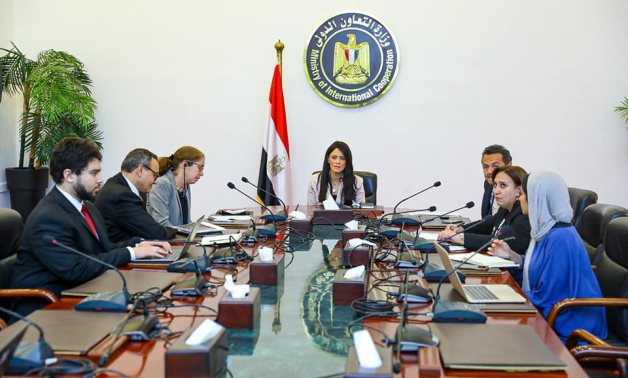
The size of the current funding portfolio between Egypt and the World Bank is $5.5 billion directed towards 15 projects.

The IFC's $15 million investment in Algebra Fund II will help support the growth of roughly 20 technology startups, primarily in Egypt but also in Africa more broadly, the IFC said in a press release.

This came during Al-Mashat’s meeting with the International Finance Corporation’s (IFC) Global Head and Director of Climate Business, Vivek Pathak, as part of the Minister’s participation in the United Nations Climate Change Conference (COP 26) at Glasgow, the United Kingdom, running from October 31 to November 12.
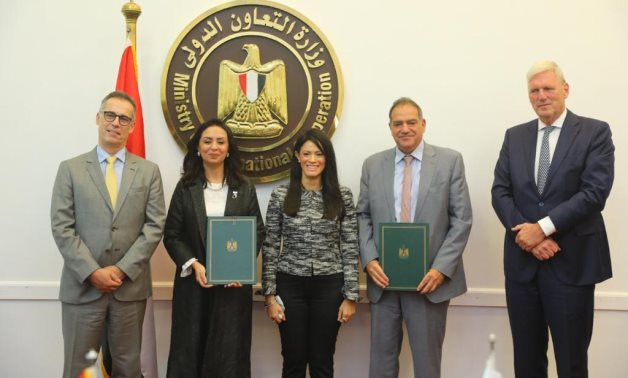
This comes within the framework of the Ministry of International Cooperation’s endeavors to deepen strategic relations between Egypt and its multilateral and bilateral development partners; advancing the efforts towards achieving Egypt’s Vision 2030 and the UN’s Sustainable Development Goals (SDGs).

A financing package from IFC will help BCI Holding SA, a leading regional manufacturer and distributor of polyurethane (PU) raw materials, systems and specialities with headquarters in the UAE to further expand its production in Algeria, Egypt, and Nigeria, creating hundreds of direct and indirect jobs in those countries.

IFC added in a statement that this investment is to help unlock finance for climate-smart projects, reduce greenhouse gas emissions, and support the country's transition to a greener economy.

The loan extends to 8 years and will be allocated to finance the company's growth plans across current markets and to enter new markets with the aim of expanding the provision of diagnostic services in emerging markets with high growth rates in addition to strengthening its current presence in Egypt, Jordan and Nigeria, and Sudan.